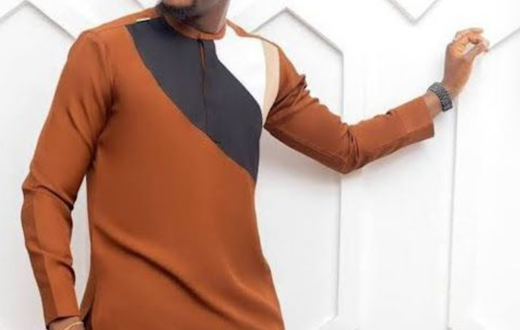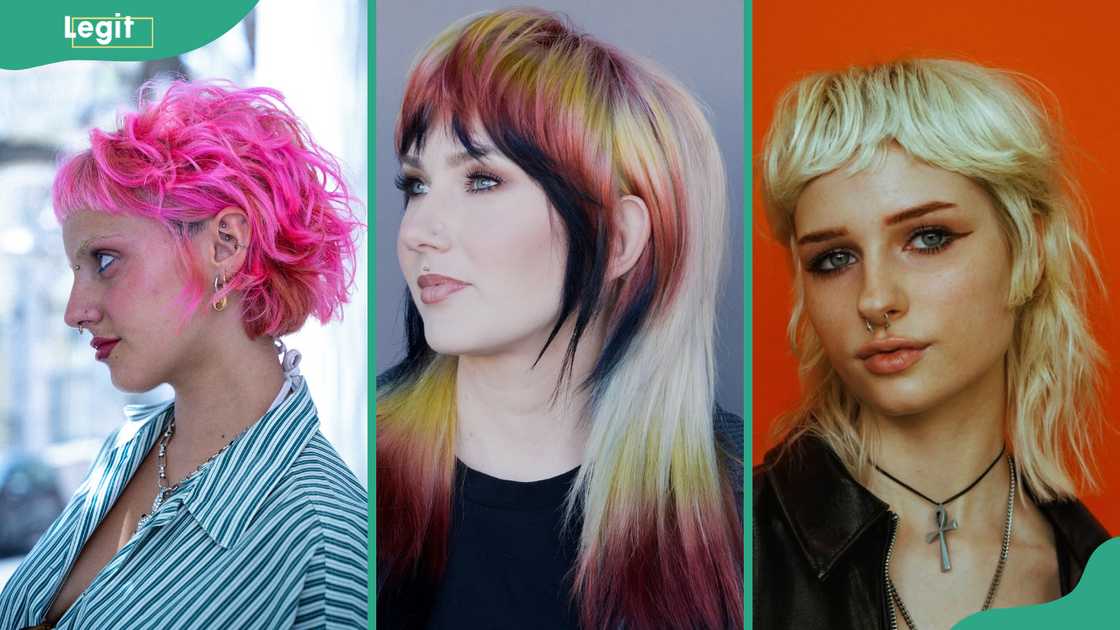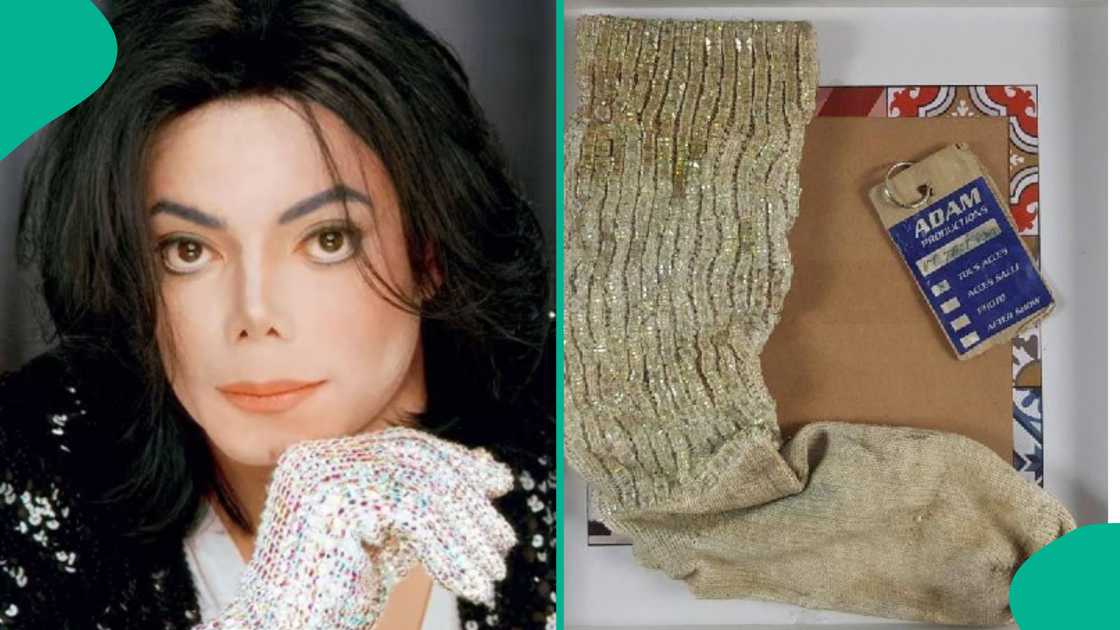Fashion in Nigeria has always been about more than just what you wear—it reflects culture, personal identity, and a strong sense of pride. Men across the country, and increasingly in neighboring West African nations, are redefining traditional style by incorporating age-old garments into modern wardrobes. Among these standout pieces, the kaftan has become a true symbol of sophistication and versatility, making bold statements from Abuja to Accra and beyond.
For many style-conscious men, the kaftan is considered a wardrobe essential. According to various Lagos-based stylists interviewed by Vanguard, this traditional outfit shows no signs of losing its appeal. Whether in bustling Lagos, scenic Abuja, cosmopolitan Port Harcourt, or major West African cities, wearing a kaftan instantly upgrades your look, blending comfort with confidence and a deep sense of heritage.
If you’re unsure whether the kaftan deserves a place in your closet, consider this: fashion experts and local commentators say its rise is due not only to its stylish presence but also to its adaptability and ongoing cultural relevance. Below is a closer look at why the modern kaftan remains an exceptional choice for Nigerian and West African men seeking a balance of tradition and trend.
A Unique Fusion: Traditional Roots, Modern Edge in Kaftan Style
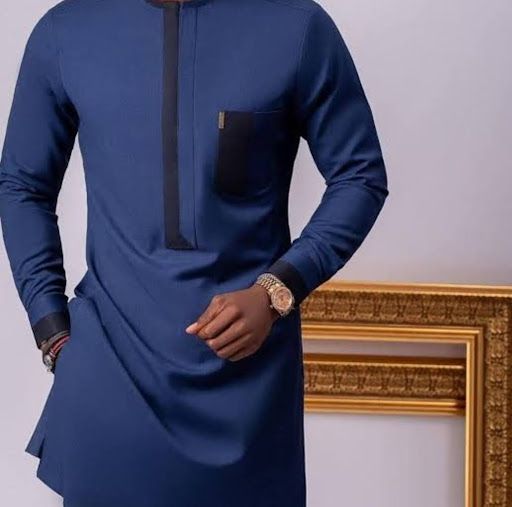
Why every Nigerian guy needs at least one kaftan in his wardrobe
The kaftan continues to evolve with every generation. While it has centuries-old roots, designers in Lagos, Accra, and Abidjan are giving the silhouette a striking update: think sharply defined lines, innovative embroidery, unexpected color combinations, and luxury fabrics. According to reports from The Guardian Nigeria, fashion brands like Tokyo James and Deji & Kola are pushing the envelope by reimagining the kaftan for today’s cosmopolitan man.
Wearing a kaftan today is more than acknowledging your ancestry—it’s a conscious show of cultural pride and contemporary style. As cited by cultural analyst Ifeanyi Adebayo in The Conversation Africa, “the kaftan allows young Africans to blend traditional values with 21st-century aesthetics.” When you step out wearing one, you express both a connection to your roots and a flair for today’s fashion trends, consistently winning admiration in social and formal settings.
Versatility that Meets Every Modern Occasion: Kaftan Fashion in Everyday Life
According to stylists featured by Pulse Nigeria, the kaftan is a rare example of a single garment that works for nearly any occasion. There’s minimal overthinking involved: it’s appropriate for weddings, Owambe ceremonies, spiritual congregations such as Jumu’ah or church service, business meetings, date nights, and even casual get-togethers. With a simple change of accessories and footwear—from classic loafers to trendy sandals—you can customize your level of formality in seconds.
In contrast to international business suits or denim—often limited by occasion or social setting—kaftans offer seamless transitions, making them an “investment piece” for the modern African man. As noted by West African lifestyle columnist Samuel Armah on Modern Ghana, this versatility has contributed to the kaftan’s growing popularity across borders, demonstrating that fashion can be both functional and reflective of cultural pride.
Confidence & Class: The Social Impact of Kaftan Outfits in West Africa
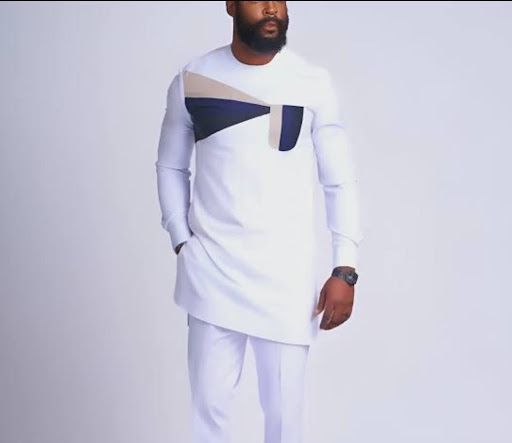
Why every Nigerian guy needs at least one kaftan in his wardrobe
Stepping into any event in a crisply tailored kaftan is said to enhance one’s sense of self-assurance, as reported by several style commentators on BellaNaija Style. Observers claim that a kaftan’s fit, embroidery, and quality fabric naturally draw attention, communicating quiet confidence rather than ostentation.
Beyond appearances, dress experts such as Lagos-based designer Funmi Ajayi told ThisDayLive that the kaftan signals social awareness and taste. Details like intricate chest patterns, fine trimmings, or specialized threading can set you apart without saying a word. In many circles, especially at festivals and family occasions, sporting a kaftan can reflect aspirations of success, respect for customs, and a refined, modern identity.
Customization: The Kaftan as a Canvas for Personal Expression
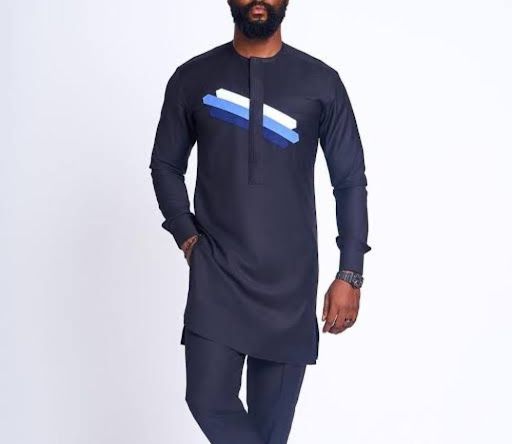
Why every Nigerian guy needs at least one kaftan in his wardrobe
Another major appeal of the kaftan is how it serves as a blank slate for creativity. According to interviews conducted by Channels TV with established designers, personalizing your kaftan is a point of pride, with choices ranging from vibrant or muted colors to minimalist or complex embroidery. Some men opt for a subtle detail such as patterned Ankara lining; others incorporate statement sleeves, asymmetrical collars, or even unique button placements.
Unlike mass-produced global fashion, customized kaftans offer infinite options, allowing you to communicate your personality through your choice of fabric, finish, and fit. This makes every piece as unique as the individual wearing it. Designers across major cities are noting increased demand for bespoke kaftans tailored to match special occasions, group aesthetics, or even corporate branding, according to a 2024 survey by West Africa’s Today’s Tailor magazine.
Kaftan Style Across Generations and Borders: Local and Continental Appeal
While the kaftan’s origins are often linked to the Sahelian and North African regions, its present-day popularity stretches across Nigeria, Ghana, Senegal, and as far south as Cameroon. Cultural historians cited by BBC Africa note how the garment has been embraced by celebrities and political figures across the continent, regularly appearing at high-profile events and major award ceremonies.
According to social observers, this resurgence is not just about nostalgia; rather, it’s part of a broader movement celebrating African heritage in contemporary ways. The renewed attention to kaftans, agbadas, and related garments signifies a wider embrace of local pride within a globalized fashion landscape. Even international designers are reportedly drawing inspiration from West African tailoring, signaling growing interest in African styles on the world stage.
What the Future Holds for the Kaftan: Keeping Heritage and Innovation Alive
Looking to the future, the kaftan’s adaptability suggests it will continue to be redefined by each new generation of African designers and wearers. Advocates say its ability to bridge the traditional and the modern, as well as link different generations and communities, keeps it at the forefront of West African style trends.
For globally minded Africans—and those in the diaspora—embracing the kaftan means celebrating tradition without sacrificing innovation. Whether for a major festival, family celebration, or simply personal comfort, it remains a testament to West Africa’s rich heritage and creative dynamism.
We’d love to hear from you: How do you style your kaftan to reflect your personality or heritage? Do you see the kaftan as strictly formal, or is it becoming a staple for everyday wear among your peers? Share your experience and thoughts in the comments.
Food inquiries: food@nowahalazone.com
General support: support@nowahalazone.com
Story sales/submissions: story@nowahalazone.com
Follow us on Facebook
Follow us on X (Twitter)
Follow us on Instagram

